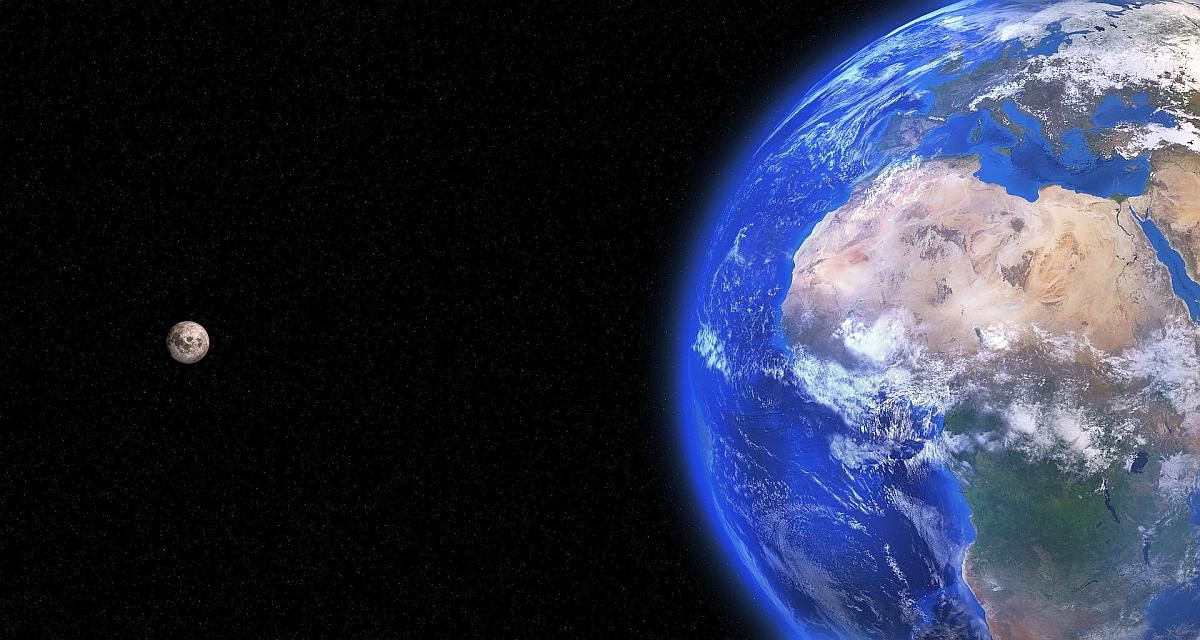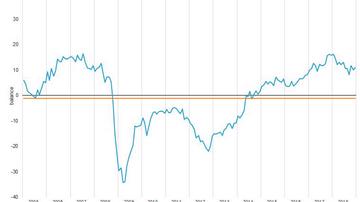
The United Nations proclaimed 11 July the World Population Day in 1989, two years after the world population exceeded five billion. The day is dedicated to a global consideration of important issues related to population and drawing attention to these issues.
The world population keeps growing
The Earth is now home to about 7.4 billion people. The U.S. Census Bureau estimates that every minute about 258 people are born and about 110 people die. In 2017, the world population will thus grow by about 77 million.
Uneven distribution of the population
According to UN data there are on average 57 people per km2 of land in the world. The world population is by no means uniformly distributed: large parts of the world are completely inappropriate for human settlement, and on the other hand, some parts of large cities have more than 80,000 people per km2.
According to the European Commission’s Joint Research Centre, the most densely populated area in the world is a part of the Chinese city of Xiamen with over 330,000 people per km2; the average population density in this city is about 6,000 people per km2.
The most densely populated area in the EU
In the European Union the average population density is 118 people per km2. The area of higher population density stretches from south-east England via old industrial areas in Western Germany and Northeast France to North Italy (so-called blue banana). The most densely populated area in the European Union is a part of Paris, France, with 45,000 people per km2.
The km2 with the highest population density in Slovenia
In Slovenia the average population density is almost 102 people per km2. It is characteristic of Slovenia that some of its area is without human settlement, e.g. high mountains. The km2 with the highest population density is in Štepanjsko naselje in Ljubljana with over 11,000 people per km2 or almost 4% of all people living in the Municipality of Ljubljana.
Possible effects of globate climate changes
It is expected that with global climate changes – with which we are already faced to some extent – the land area appropriate for human settlement will shrink, so the distribution of the world population will change. This will put increased pressure on already densely populated areas and their natural resources.
Barica Razpotnik, Statistical Office of the Republic of Slovenia

































































